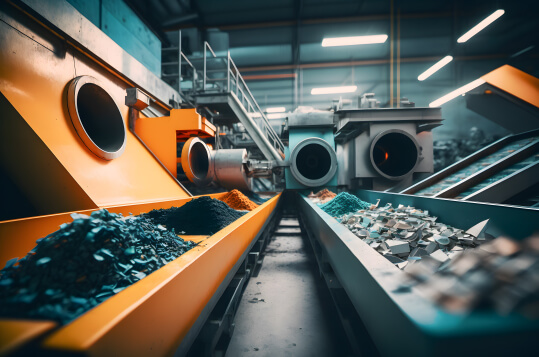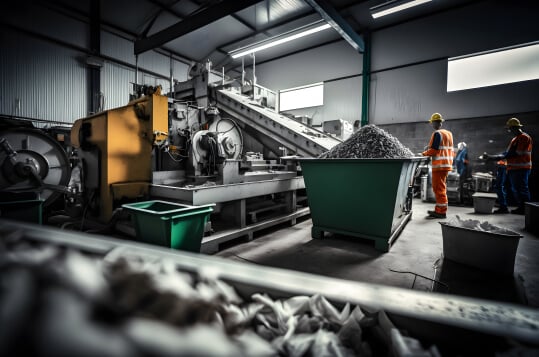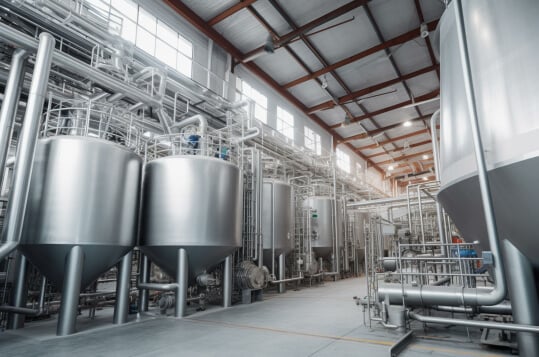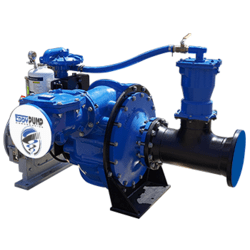Applications of EDDY Pump in the Plastic Industry



Applications of Our Slurry Pumps in the Plastic Industry

- Raw Material Transfer: Our submersible pumps efficiently move plastic pellets and additives between production stages.
- Pelletizing Operations: Slurry pumps facilitate the transportation of melted plastic for pelletizing into desired forms.
- Waste Handling: Our submersible pumps manage waste, facilitating disposal or plastic recycling procedures.
- Mixing Operations: These submersible pumps assist in blending plastic compounds with fillers, ensuring material homogeneity.
- Cooling System Circulation: Submersible pumps from EDDY Pump maintain optimal temperatures in plastic processing equipment by circulating cooling fluids.
- Chemical Additions: Pumps accurately inject additives into plastic mixtures, enhancing material properties.
- Abrasive Slurries: Our submersible pumps handle abrasive plastic slurries, contributing to wear-resistant linings.
- Plastic Sheet Formation: Slurry pumps transfer plastic recycling compounds for sheet production in various plastic goods.
- Plastic Coating Application: Pumps evenly distribute plastic coatings onto surfaces, enhancing product properties.
- Plastic Testing Procedures: The submersible pumps assist in transferring plastic samples for quality and performance testing.
- Dewatering: Slurry pumps remove excess water from plastic processing, improving product quality.
- Mold Lubrication: Pumps distribute mold release agents, ensuring smooth plastic product release.
- Recycling Processes: Submersible pumps from EDDY Pump manage particles during plastic recycling, contributing to resource efficiency.
- Environmental Compliance: Slurry pumps could clean affected water bodies if plastic production generates wastewater with sediment.
CALL FOR SALES OR SUPPORT
If you need help with Pump Selection, Sales or Engineering Support
Call 619-345-5446

Application of EDDY Pump’s Hydraulic Dredging in Plastic Industry

- Raw Material Sourcing: If plastic manufacturing involves sourcing materials from water bodies (e.g., using water in the cooling process), hydraulic dredging could ensure accessibility for material collection.
- Water Resource Management: Hydraulic dredging could help manage sediment and maintain water reservoirs used in plastic production processes.
- Wastewater Treatment: Dredging could assist in maintaining sedimentation basins or lagoons used in plastic wastewater treatment, ensuring efficient settling and removal of solids.
- Cooling System Maintenance: Hydraulic dredging might clear sediment or debris from cooling water reservoirs, which helps manage temperatures in plastic processing equipment.
- Waste Disposal Areas: If plastic manufacturing generates waste that needs proper disposal, hydraulic dredging could be employed to manage waste containment areas.
- Waterway Accessibility: Hydraulic dredging could help maintain navigable access for transporting raw materials or finished products for plastic manufacturing facilities near water bodies.




